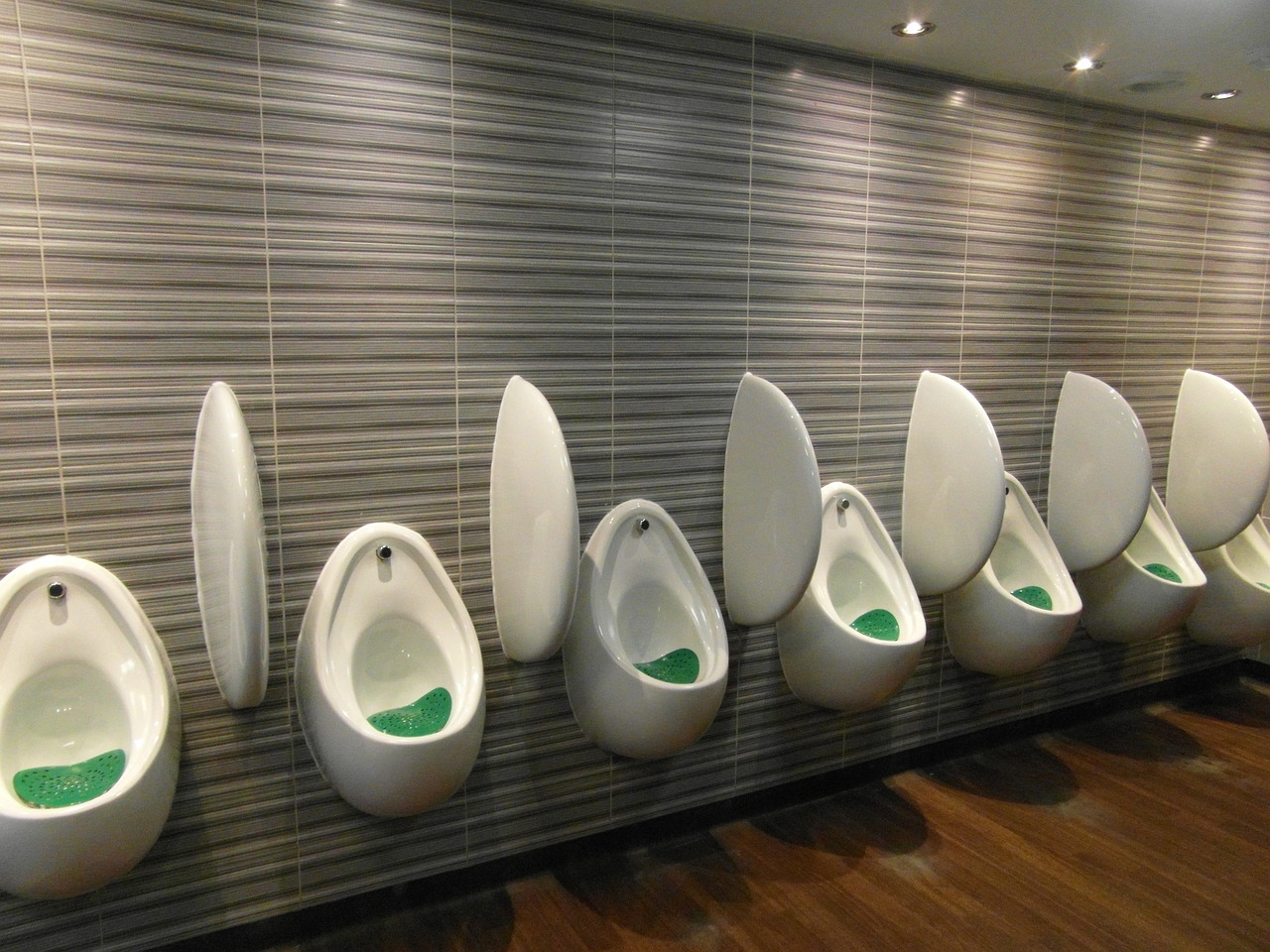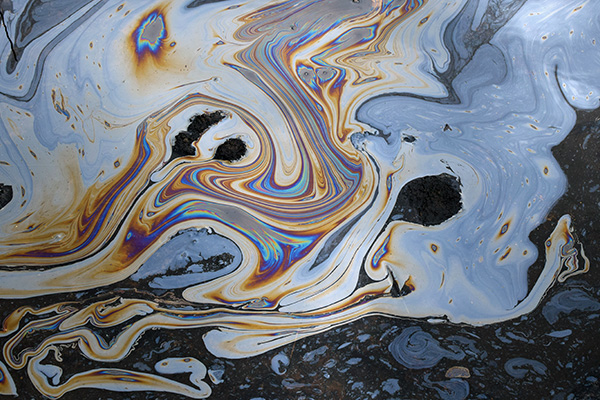Polyurethane and Elastomers can be in the form of a rigid or flexible foam to a very solid and hard-wearing block. They are naturally very inert and resistant to many cleaning chemicals when they have cured.
So how do you clean cured polyurethane or remove cured polyurethane and elastomers from machinery or moulds?
The first thing to remember is these compounds were created to be very hard wearing and stable, even though they can be both flexible such as a foam mattress or the sole of a shoe, through to a rigid foam used for insulation or an elastomer coating to protect equipment or to produce a solid item or tool.
They were created to be a resilient material and as such they are inert and very resilient to standard cleaning products as their internal structure is very protected and therefore it is difficult to dissolve cured polyurethane.
If a polyurethane, epoxy or elastomer is uncured or not fully cured then it is much easier to access the internal structure, although a water-based solution is not recommended as it will just accelerate the curing and hardening of the PU compound. For cleaning of uncured PU, elastomer and Epoxy residues you need to use a Non Hazardous solvent such as EN720 from Bio8 Industrial – Uncured Polyurethane Removal Products
NMP (N-Methyl-2-pyrrolidone) and NEP (N -ethyl-2-pyrrolidone)
Historically chemicals such as NMP and NEP have been used and the part is normally dropped into a small deep fat fryer basket and the liquid heated, but this is now classed as a very dangerous method to use when much safer alternatives are available and offer better cleaning performance.
NMP and NEP are classified as reprotoxic and also carcinogenic and by heating these you liberate the vapours and also there is a high risk of chemical burns from NMP and NEP. The use of a deep fat fryer also significantly increases risk of fire and is therefore an easily avoidable risk to Health & Safety of employees by using a much safer solvent that does not need to be heated and will not cause chemical burns
Low Hazard PU cleaner cleaning solvent
Products such as EN705 and EN710 are now commonly used by companies to clean cured PU, isocyanate, Elastomers and Epoxy from machine parts and moulds. There is also EN706, a thick Gel version for parts that are too large or not suitable for soaking that can be painted on.
These chemicals offer a significantly lower danger profile and do not require heating and work at ambient temperature.
Bio8 Industrial Ltd’s EN705 and EN710 PU Cleaner are a liquid product and is ideal for soaking any contaminated parts in a container or even in an ultrasonic batch. The parts are simply dropped into a container and left to soak.
PU Foam softens very quickly and results can be seen in 1-2 hours, but other materials may require overnight soaking.
EN706 Gel
EN706 GEL is a thick gel or paste that can be applied by brush to a part and then ideally covered with newspaper as a simple poultice to keep the gel in place. The performance of this material takes longer to work as the gel reduces the activity of the chemical reaction as they active ingredients need to pass through the gel to access the cured PU, Isocyanate, etc.
All Bio8 Industrial products do not require heating, in fact this would have an adverse effect as it can reduce the life of the product evaporating some of the key ingredients, therefore we recommend a temperature of below 24°C.
All products work by penetrating the outer skin of the PU, elastomer, epoxy, etc and creating a pathway for the other active ingredients to access the inner structure of the material and chemically reacts with the structure to make it soften and swell and effectively break the internal bonds and contact with the part. Hard foam turns into a wet ‘batter’ like substance that can be removed with a soft brush or compressed air.
Harder materials like isocyanate, elastomer and epoxy are more challenging but performance can be improved by scoring or ‘roughing’ up the surface of the waste material (if possible) to allow easier and quicker access into the material and accelerating the chemical reaction.
For more information please visit Cured Polyurethane Products or contact Bio8 Industrial Ltd directly on 0808 168 9353



